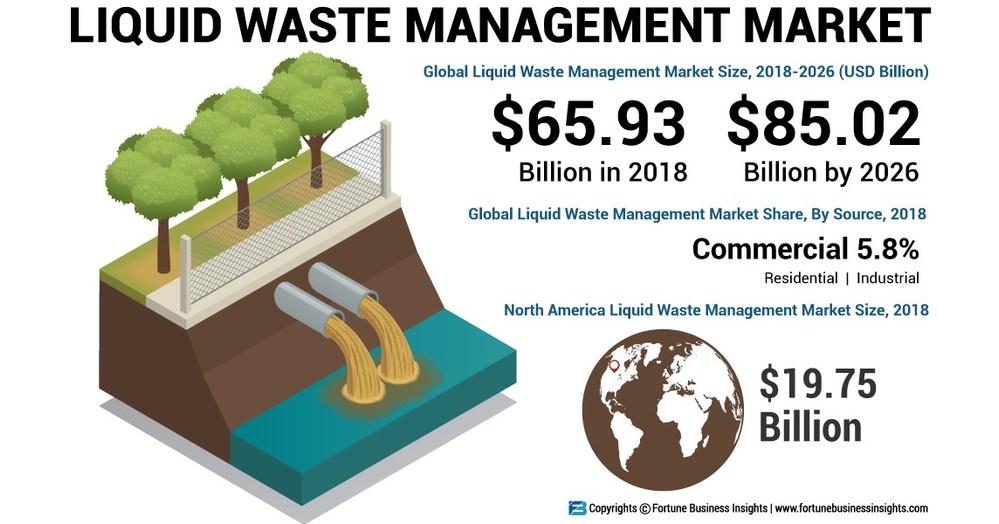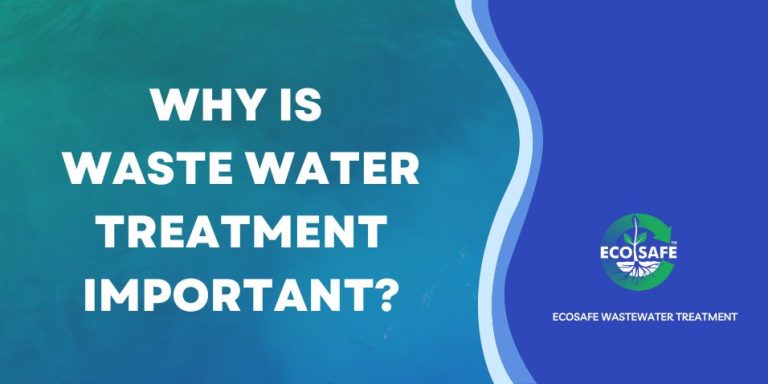Reclaim Waste Fundamentals Explained
Reclaim Waste Fundamentals Explained
Blog Article
3 Easy Facts About Reclaim Waste Described
Table of ContentsReclaim Waste Fundamentals ExplainedReclaim Waste for DummiesSome Ideas on Reclaim Waste You Should KnowThe 2-Minute Rule for Reclaim WasteThe Reclaim Waste Ideas
Explore the kinds, incidents, and kinds of fluid waste. Residential sewage waste describes the waste and items from a residential septic tank. This kind of waste is developed by human beings in houses, institutions, and other structures. This only consists of septic systems that have a drain field. The proper administration and disposal of residential sewage waste call for fluid waste to be transferred to a sewage therapy plant where the correct techniques and tools are applied to purify and deal with waste.
Industrial waste often includes prospective threats, such as combustible materials or a mix of fluid and solid waste products, and needs an extra advanced and comprehensive disposal process. The disposal of commercial waste commonly includes the filtration of waste before transportation to guarantee secure and correct disposal. Hazardous waste is developed from results and drainage of industrial procedures and manufacturing.
This kind of waste can not make use of the exact same sewer monitoring transportation or processes as septic or industrial fluids. The hazardous waste administration procedure calls for the inspection and testing of liquid waste prior to it undergoes the disposal process (liquid waste removal melbourne). Drainage waste is the fluid waste that comes from overflow and excess stormwater in highly inhabited locations or cities
Runoff waste can create contamination and flooding if not taken care of properly. Find out more about sewer cleansing and waste management. Making certain correct waste monitoring can avoid calamities and minimize ecological harm. Both individuals in residential settings and professionals in commercial or manufacturing industries can take advantage of understanding the procedures and laws of liquid waste management.
Reclaim Waste Can Be Fun For Everyone
Call PROS Services today to discover our waste management and disposal services and the proper ways to take care of the liquid waste you generate.
(https://www.slideshare.net/leonaube33101)This supposed 'wastewater' is not just a vital source however, after treatment, will be launched to our land, waterways or the sea. Made use of water from toilets, showers, baths, kitchen area sinks, washings and commercial processes is recognized as wastewater.

water used to cool machinery or clean plant and equipment). Stormwater, a kind of wastewater, is runoff that moves from agricultural and city areas such as roofing systems, parks, yards, roads, paths and rain gutters into stormwater drains, after rain. Stormwater flows navigate to this website untreated straight to regional creeks or rivers, eventually reaching the sea.
The Ultimate Guide To Reclaim Waste
In Queensland, many wastewater is treated at sewer treatment plants. Wastewater is delivered from domestic or commercial sites with a system of drains and pump stations, referred to as sewage reticulation, to a sewage treatment plant. City governments build, keep and operate most sewer treatment plants. Operators are licensed under the Environmental Protection Act 1994 to release treated wastewater at an acceptable environmental requirement into rivers.
The Division of Natural Resources encourages city governments concerning managing, operating and keeping sewage systems and treatment plants. In unsewered locations, city governments might require homeowners to set up specific or family sewage therapy systems to deal with domestic wastewater from commodes, cooking areas, bathrooms and laundries. The Division of Natural Resources authorizes the use of household systems when they are proven to be reliable.
Many stormwater receives no treatment. In some brand-new neighborhoods, treatment of some stormwater to eliminate litter, sand and gravel has begun using gross pollutant catches. Wastewater treatment takes place in four stages: Gets rid of strong issue. Bigger solids, such as plastics and other things incorrectly released to drains, are eliminated when wastewater is passed via screens.
Wastewater after that moves into large containers where solids resolve and are removed as sludge. Grease and residue are skimmed from the surface area. Utilizes tiny living microorganisms referred to as micro-organisms to damage down and remove remaining dissolved wastes and great particles. Micro-organisms and wastes are included in the sludge. Gets rid of nitrogen and phosphorus nutrients that might trigger algal blooms in our rivers and endanger water life.
Getting The Reclaim Waste To Work
Nutrient removal is not available at all sewage treatment plants since it requires costly specialised devices. It is coming to be much more common in Queensland. Clear liquid effluent produced after treatment might still include disease-causing micro-organisms. If this effluent is launched into waterways such as rivers or the sea, the micro-organisms will eventually die out.

This normally means wastewater has actually to be dealt with or contaminants gotten rid of before it can be discharged to rivers. Many wastewater moves right into the sewerage system. Under the Act, city governments carry out approvals and licences for eco appropriate tasks (Ages) involving wastewater launches that might have a neighborhood effect. The division provides authorizations and licences to Periods involving wastewater releases that might have a regional or statewide impact.
Little Known Questions About Reclaim Waste.
Tracking supplies factual information concerning water quality and can confirm that licence problems are being satisfied. The details gotten with monitoring gives the basis for making water high quality choices.
Report this page